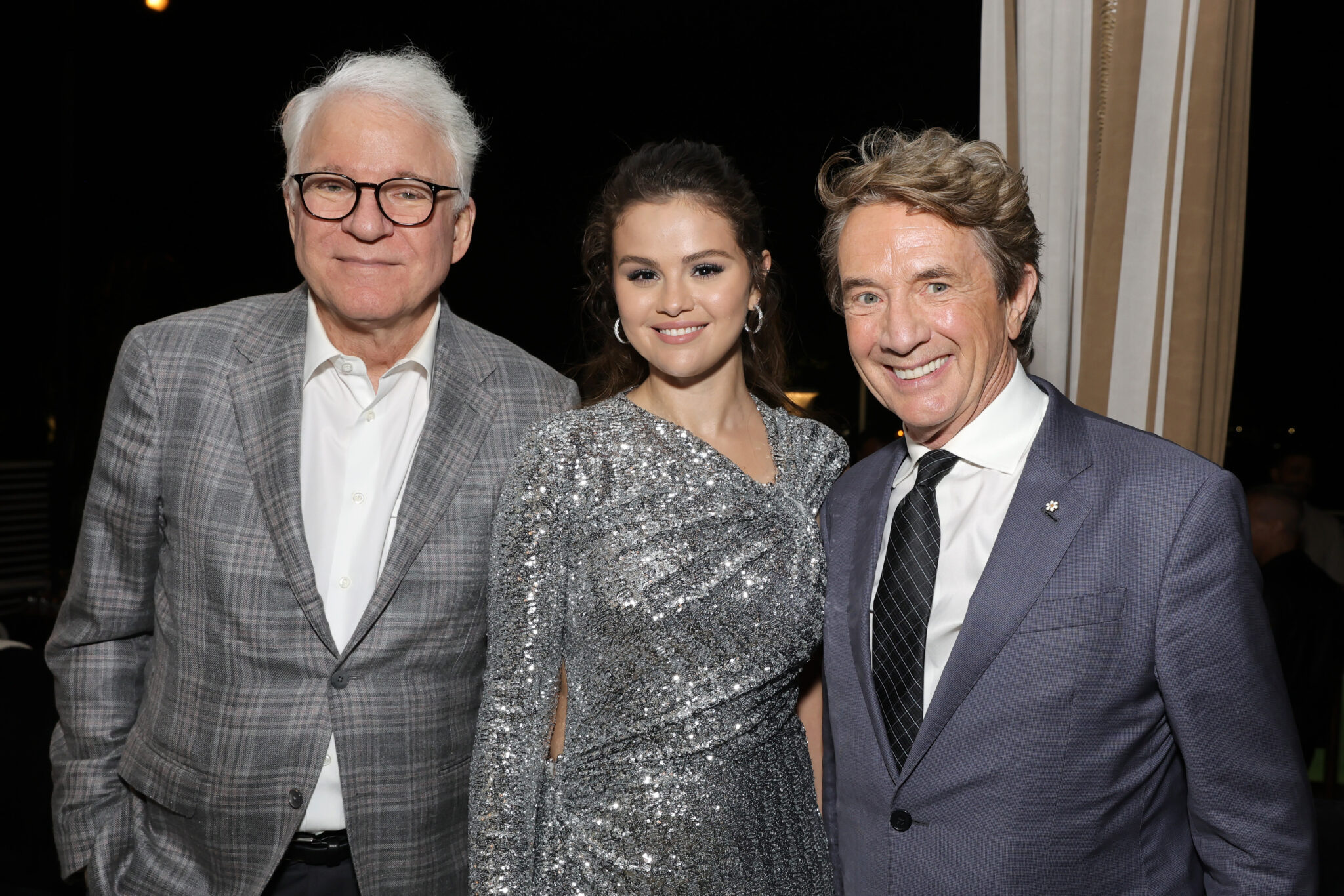Question: Are We Going Too Hard for Latina Exceptionalism?
Yes, Latina pioneers have earned a prestigious place in pop culture. In 1962, Rita Moreno was the first Latina to win an Academy Award. In 1993, Ellen Ochoa was the first Latina to go to space. In 2011, Ilia Calderón was the first Afro-Latina to anchor the evening news on Univision. And while we become reacquainted with these and more trailblazing Latinas during Latinx Heritage Month, it’s easy to be disillusioned with how society values their achievements.
Latina exceptionalism, along with the model minority sentiment of other groups, can hurt us more than it inspires us.
It’s easy to point out examples of Latina pioneers in pop culture. Books have been published to inspire children to reach up to these heights, and Hollywood awards shows are working on becoming more inclusive of diverse talent. But yet there are still shocking headlines of actors and musicians being the first nonwhite nominee in a sea of thousands of honors for white people.
After Moreno won her Oscar, she still had a tough time finding roles that weren’t a stereotypical mockery of her culture. The Best Supporting Actress statue she won wouldn’t be awarded to another Latina for another 50 years (Lupita N’yongo for “12 Days a Slave”), and then another 10 (Ariana DeBose, “West Side Story”).

It’s telling what society thinks of minority groups when we are individually at our highest, but not being looked out for every other time. It creates disillusionment and institutes fear: if we’re not pioneering or excelling at something, are we still special or even acknowledged?
Take Selena Gomez’s awe-inspiring return to television as Mabel Mora in the critically-acclaimed comedy “Only Murders in the Building.” The show — where she also serves as an executive producer — received 17 Emmy nominations this year, but the Television Academy failed to nominate Gomez in the lead actress category. Her co-stars, Steve Martin and Martin Short each received lead actor nominations, although all three share equal weight in their performances.

“We’re a little dismayed that Selena didn’t get nominated because she’s so crucial to the trio, to the show,” Martin said regarding her snub. “In fact, in some ways, you can say that we got nominated because of her balance in the show. But we’re happy that she is nominated as executive producer on the show. She’s a big asset for us.”
Had Gomez received an acting nomination, she would’ve been the third Latina to receive that honor in the history of the Emmys. Coincidentally, Moreno was also the first in 1977, and was followed by America Ferrera in 2007.
I’m sure there’s no doubt in anyone’s mind that Gomez remains an important figure (she gave us the Rare Beauty Soft Pinch Liquid Blush, after all), regardless of her snub. She was simultaneously the third Latina nominated for producing a TV show, at just 29 years old.
On one hand, it is absolutely worth celebrating the achievement of being “the first.” Defying the odds society places on minorities is a difficult task because of the hoops we have to jump through compared to white people.
The experience of first-generation Latina high school and college students comes to mind; according to Excelencia in Education, almost half of Latinos (44%) are more likely to be the first in their families to go to college (compared to African American (34%), all (29%), Asian (29%), and White (22%) students). Most of them also enroll part-time, work over 30 hours a week to pay for school, and live off campus or with their parents as students.
On the other, it can be damaging to the self-esteem of Latinos who might feel pressured to do something extraordinary in their lives. First-generation students in particular often suffer from “impostor syndrome,” or feeling like they’re not good enough to be where they are.
According to Latinx Talk Therapy, Latinas are more likely to suffer from impostor syndrome while in professional or academic areas because of the lack of representation. If there are few pioneers that look like you to be inspired by, it’s going to be difficult to maintain motivation and see your goals through. And if you feel like a failure because of that, it can severely impact your mental well-being.
The conversation of exceptionalism needs to be shifted to make society conscious of our everyday efforts. We need to be valued and celebrated for our baby steps in pursuit of our goals, not just for our achievements. Disrupting this country’s perception of a palatable Latino, and working to minimize the pressure of being a role model for generations to come is a long-term plan to quell that intensity.




